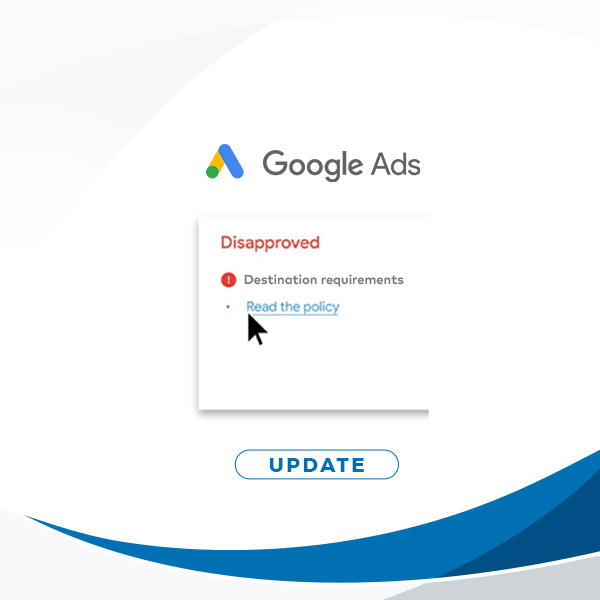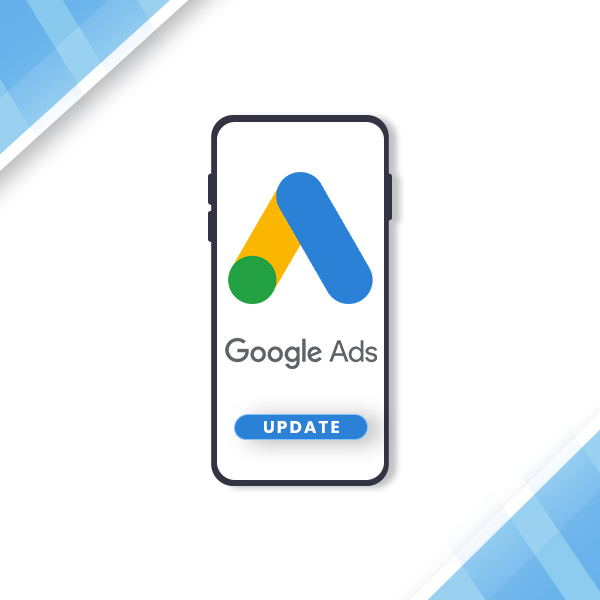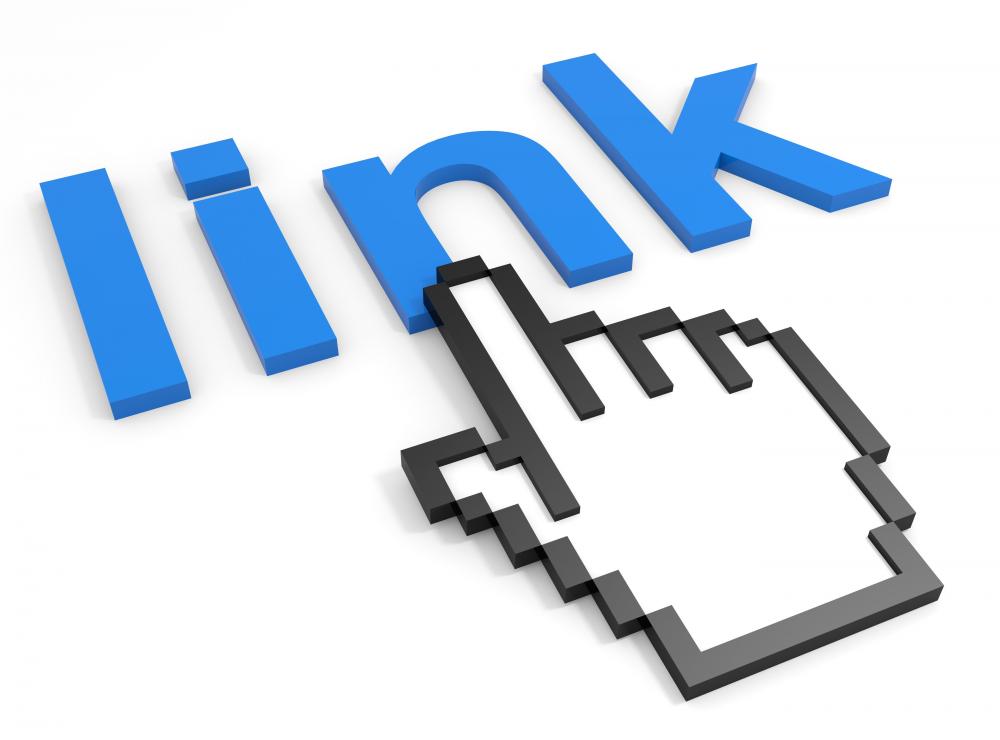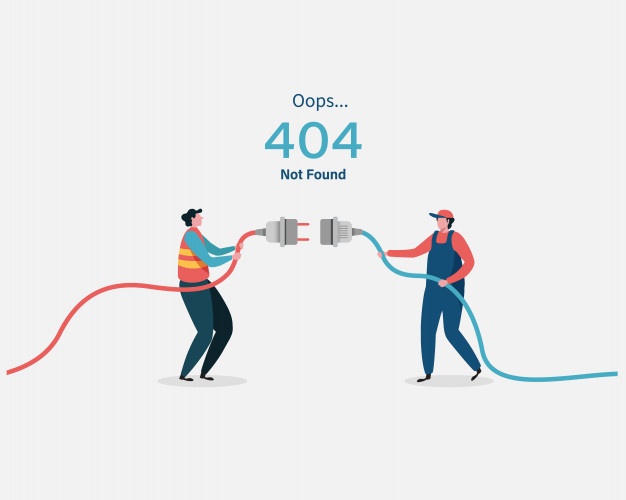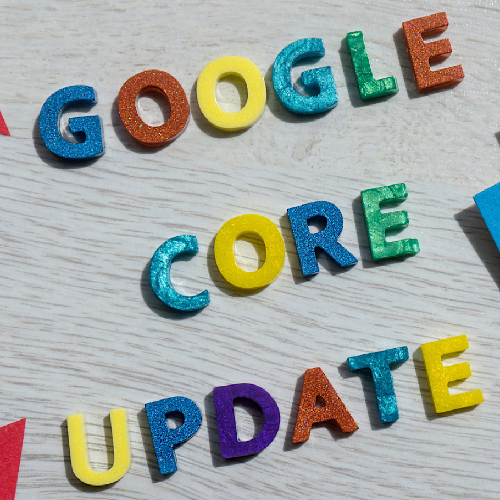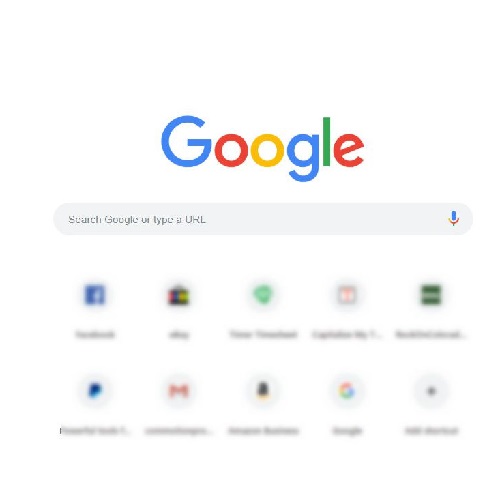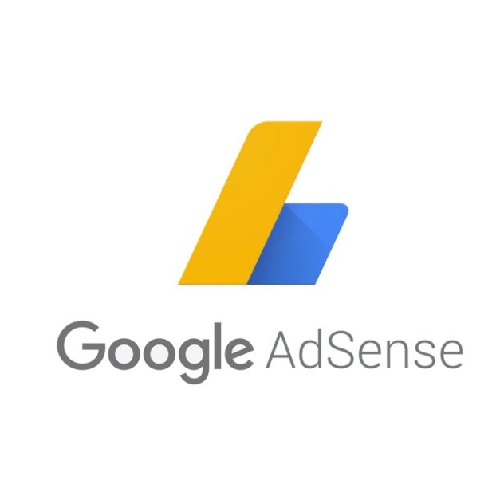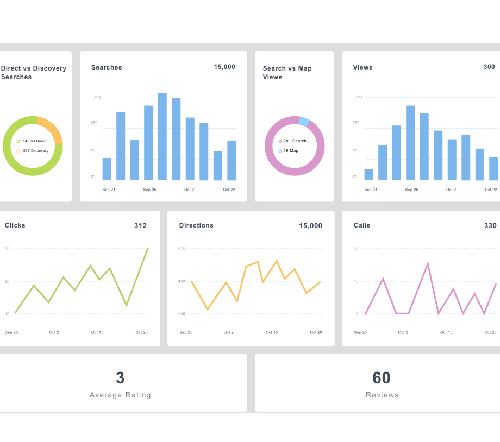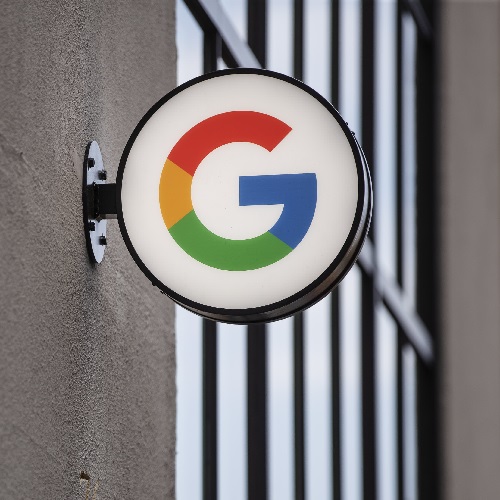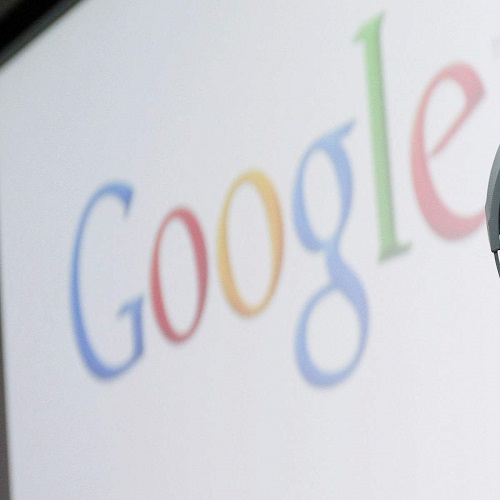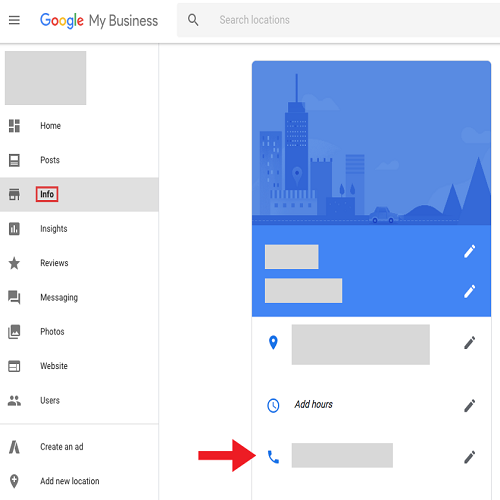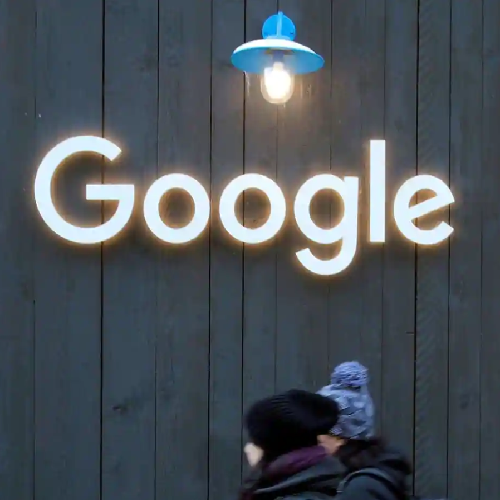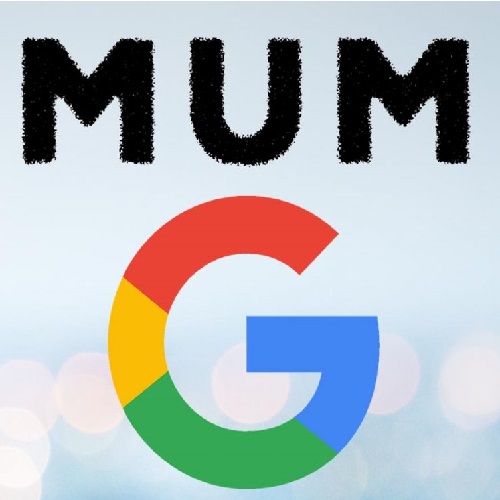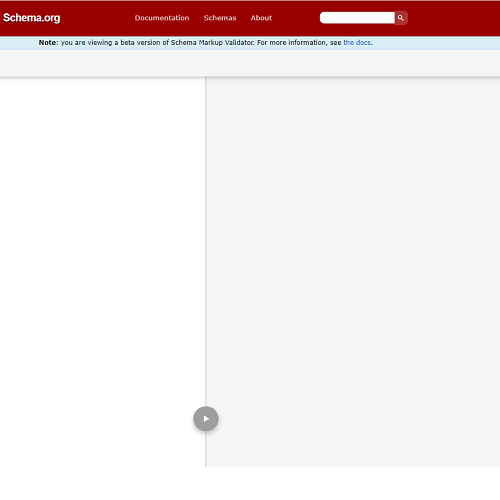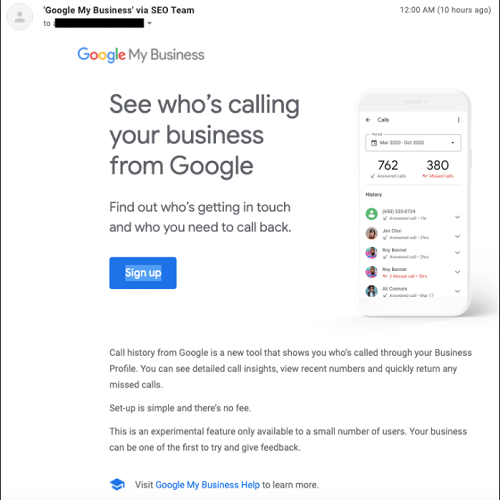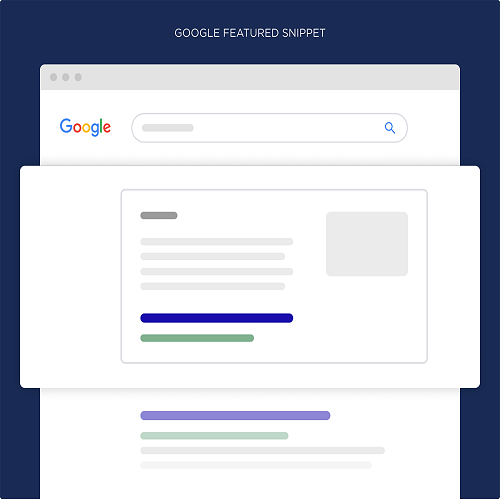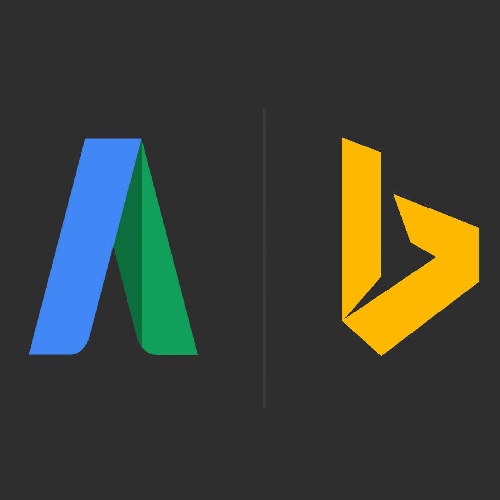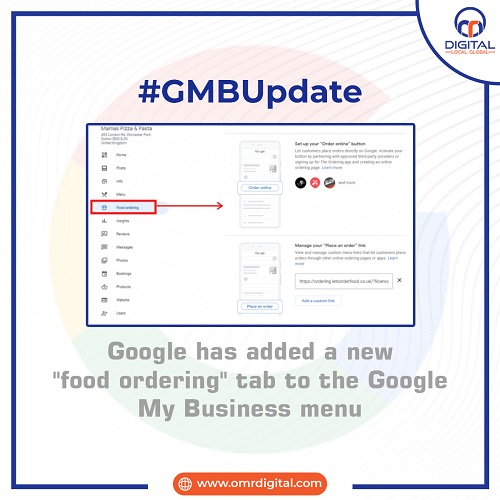Contact Us
Related Posts
Category

Inside the Google Display Network, it has been said that Google gives its advertising an unfair advantage. In a recent antitrust lawsuit, Google was accused of giving their advertising an unfair advantage inside the Google Display Network through a program known as “Project Bernanke.”
What is Project Bernanke, and how did we learn about it?
Google, apparently by mistake, submitted unredacted documents to the court’s public docket in a recent filing as part of an ongoing antitrust lawsuit. Before a judge permitted the redacted documents to either be re-filed, the Wall Street Journal had access to the records.
Google described a program known as “Project Bernanke” in those initial papers, which detailed how Google used data from previous auctions on their website to generate advantages for their own media buying.
Project Jedi Blue and the Anti-Trust Lawsuit
The complaint to which Google was reacting was filed by a multi-state group led by the State of Texas, alleging that Google monopolized or threatened to monopolize goods and services in display advertising, as well as engaging in misleading and deceptive actions when purchasing and selling display ads. Google, according to the lawsuit, is limiting publishers’ ability to monetize content while also raising advertiser prices. According to the initial lawsuit, a project code-named “Jedi Blue” was a joint agreement between Google and Facebook in which the two companies agreed to limit competitive moves in exchange for preferential treatment in Google’s ad auctions.
What Was Google Trying To Do With Project Bernanke?
Google was using publisher data to figure out how much other advertisers were paying and how much they might have to pay to get particular placements, and then using that information to model their bids to win the auctions that mattered most to them, probably at the lowest possible rates. Google is both an ad auction website and an ad buyer, which raises questions about Project Bernanke.
Because of Google’s position on both ends of the commercial purchase chain, it can access data some advertisers might not have – such as their ad auction competitors. This enables them to purchase better advertising.
The Influence of Bernanke
Project Bernanke was expected to raise $230 million in 2013 alone, according to a leaked presentation.
The Attorney General’s Reaction to the Lawsuit
In a press address, Texas Attorney General said:
Google is a trillion-dollar monopoly that is brazenly exploiting its monopolistic influence, even going so far as to persuade senior Facebook executives to sign a contract that threatens the competitive process. Google is betting on “insider knowledge” in this ad monopoly on an electronically traded market by simultaneously serving as pitcher, catcher, hitter, and umpire. This isn’t a “free market” example at work. This is anti-competitive and in violation of state and federal legislation. The monopolization of the display-advertising market by Google, as well as its deceptive business, practices, stifles innovation, limits customer choice, and reduces competition.
This lawsuit is being brought by Texas and its alliance of allied states in order to reveal Google’s secret activities and obtain relief to prohibit it from engaging in any deceptive and misleading practices.” – Ken Paxton, Attorney General of Texas
Google claims that the information obtained through their system is equivalent to information obtained through other ad-buying platforms.
Source: The Wall Street Journal































